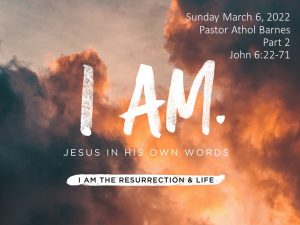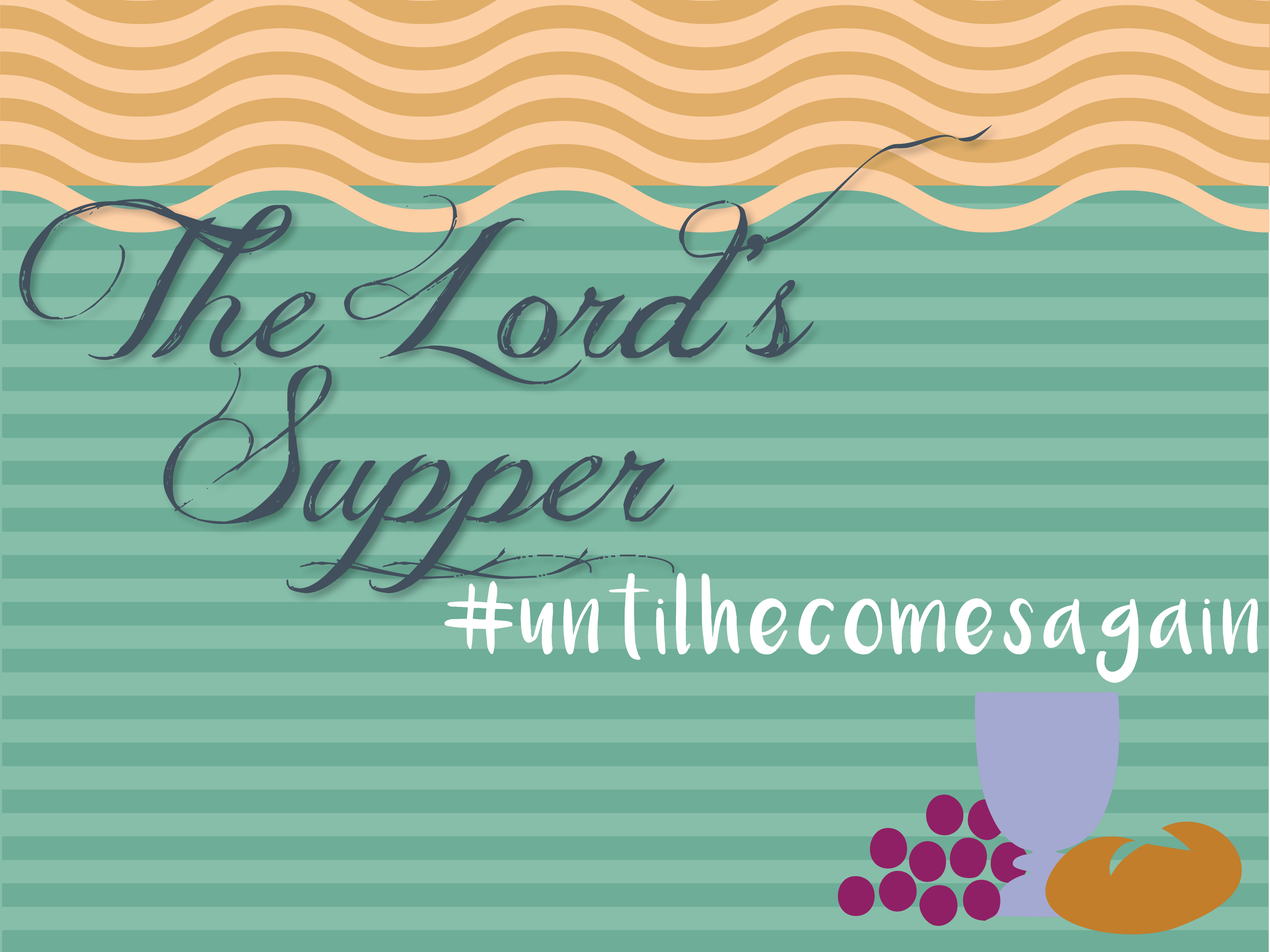
How easily do you get offended?
Jesus was not afraid to offend in order to reveal the heart. In John 6:35, Jesus said, “I am the Bread of Life…” And it offended his followers.
(Please read John chapter 6 before reading any further.)
Aware that his disciples were grumbling about his statement, he said in verse 61, “Does this offend you?”
Throughout his time on the earth, Jesus asked many great questions, but this is one of the best.
The Greek verb for offense here is “Scandalizo”, which means to cause to trip or stumble.
When’s the last time Jesus offended you
What causes us to stumble in the Gospel’s?
How about…
- Blessed are the meek? (Matthew 5:5)
- Love your enemies? (Matthew 5:44)
- Bless those who curse you, pray for those who abuse you. (Luke 6:28)
- For the gate is narrow and the way is hard that leads to life, and those who find it are few. (Matthew 7:14)
- Not everyone who says to me, ‘Lord, Lord,’ will enter the kingdom of heaven, but the one who does the will of my Father who is in heaven. (Matthew 7:21)
As we read the Bible we should be “tripped up” all the time as our neatly packaged Western Christian mindset is challenged. It’s one of the only ways that we know that we’re truly following Jesus and not crafting him into our image, squeezing him through the lens of our expectations and sensibilities.
There are two reasons why we should be offended by Jesus.
1. Jesus wants to confront our idols.
Jesus should always be offending our; theology, politics, lifestyles and our love for comfort and possessions (1 Corinthians 1:23).
Today, Christianity, true Biblical Christianity will still offend us and the world around us.
At the core of this is the question of Lordship. Jesus wants no other competing affection or anything that takes the place or priority of Jesus in our decision making.
2. Jesus wants us to grow more into his image.
The offense of Jesus is one of the best and most effective ways for us to grow into who he wants us to be (1 John 2:5-6).
We are saved to be transformed into the image of Christ and yet too many so-called Christians have a “jesus”, that they have created in their own image. One who will never confront their sin, who will never rebuke them and never ask them to give up anything. That is not Biblical Christianity.
When Jesus said, “I am…”, his followers were offended that he was referring to himself in the same way God revealed himself to Moses in Exodus 3.
They were offended when he said that the manna from Heaven was not as lasting as his own Bread.
They were offended when he declared that he was better than Moses.
And they were offended when Jesus said that they would have to eat his flesh and drink his blood.
We must remember that Jesus said everything he said with specific intent. He is not putting down Moses, the Manna, and their worship, rather he was saying, “I am the fulfillment of those things that were simply a picture”.
Jesus had to offend them to reveal the truth to them of who he was. And so must he do with us!
Sometimes we need to be offended by the truth of who Jesus is in order to put away some of what we have believed or been taught about who Jesus really is.
We get offended, we wrestle with truth and it is uncomfortable. However, we need to be confronted in order to grow in our Christian walk.
So, we need to experience his transformational offense in our lives for our own good.
Here are three practical ways that we can invite Jesus to offend us.
1. Read the gospels and the Bible. Repeatedly.
As we read things in the Bible that we don’t know what to do with, we are challenged, and if we are honest, we get offended, and it is good for us as we wrestle with the truth.
2. Invite his Spirit to offend. As we read the Word, invite the Holy Spirit to bring conviction and truth to us (Psalm 139:23-24).
3. Allow people into your life who will speak truth.
Who’s someone in your life that has offended you deeply and yet, it was the best thing that could have ever happened to you?
Sadly, we live in a culture where if someone offends you, you simply walk away. We sever relationship and maybe even leave the church. Rather, we should be pressing through the offense, growing through the truth and granting grace for one another in the process.
If Jesus offends you, either through his Word, the Holy Spirit, or through another believer who you trust, ask, “What about that offends me? Why?”
If you believe and receive the truth it becomes healthy to you. We grow through those experiences. But, in order to grow, we have to confront them. When Jesus offended the disciples with the truth, many left him as we read in John 6:66. Jesus turns to the twelve in verse 67 and says, “do you want to go away as well?”
Peter quickly responds, “Lord, to whom shall we go? You have the words of eternal life, and we have believed, and have come to know, that you are the Holy One of God.” John 6:68-69
What are you wrestling with today?
Maybe there is a difficult scripture that doesn’t fit your view of who God is?
Maybe you are offended at God because of a prayer that was not answered the way you wanted it to be answered?
Maybe you have an offense toward someone else in the church, who spoke the truth and you rejected it.
Humbly lean into the offense and see what the Lord might be teaching you. Ask a trusted Christian who has walked with the Lord for many years, and allow Jesus to continue to conform you into His image.




